The ancient Chinese texts on tea not only teach us how to drink and appreciate tea but also reveal the health-preserving principles of tea drinking.
1. Enhances Mental Clarity and Uplifts the Spirit
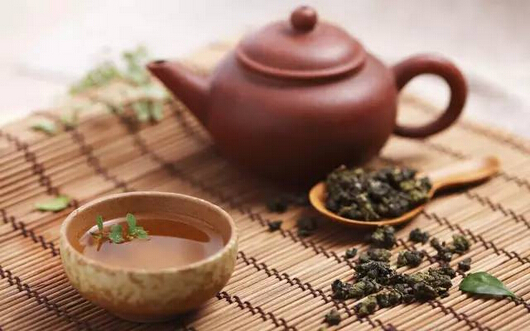
Tang Dynasty's Lu Yu, in The Classic of Tea, stated that tea can "uplift the spirit"; Five Dynasties' Mao Wenxi, in Tea Manual, noted tea's ability to "enhance thinking"; Yuan Dynasty's Hu Sihui, in Principles of Correct Diet, described tea as "refreshing the mind"; Ming Dynasty's Li Shizhen, in Compendium of Materia Medica, claimed tea can "sharpen one's thoughts"; Qing Dynasty's Wang Mengying, in Dietary Regimen for Restful Living, wrote that tea can "clear the heart and mind." Additionally, tea is said to "dispel loneliness" and "connect with the divine." In short, tea drinking improves cognitive abilities.
2. Improves Eyesight and Clears the Mind
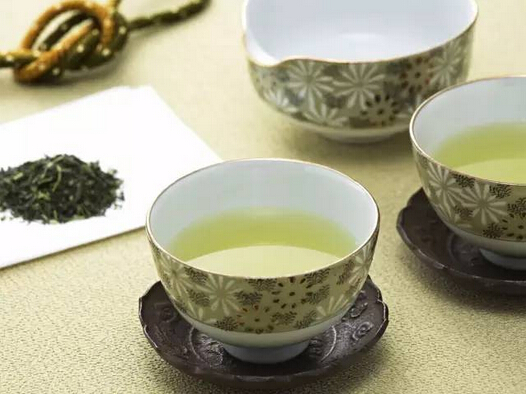
Song Dynasty's Yu Zai, in Ancient and Modern Combined Classified Matters, stated tea can "relieve headaches"; Song Dynasty's Zhou Qufei, in Answers from Beyond the Mountains, noted tea's ability to "expel head winds"; Ming Dynasty's Wu Rui, in Daily Use Materia Medica, wrote that tea can "stop headaches"; Qing Dynasty's Wang Haogu, in Materia Medica for Decoctions, described tea as "clearing the head and eyes"; Qing Dynasty's Huang Gongxiu, in Seeking Truth in Materia Medica, claimed tea treats "blurred head and eyes." Other texts mention tea's ability to treat "brain pain" and "headaches." Many ancient texts specifically highlight tea's benefits for eyesight, such as The Classic of Tea, which states tea treats "dry eyes," and Supplement to Materia Medica, which notes tea "improves eyesight."
3. Refreshes the Mind and Dispels Drowsiness
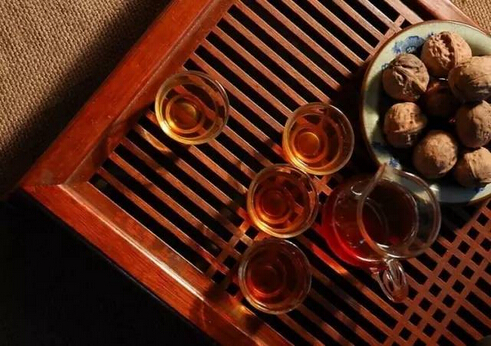
Tang Dynasty's Su Jing, in Newly Revised Materia Medica, Qing Dynasty's Zhang Lu, in Materia Medica from the Origins, and Records of Tong Jun, respectively state that tea can "reduce sleep," "reduce drowsiness," "reduce slumber," and "prevent sleep"; Supplement to Materia Medica and Tea Manual note tea's ability to "reduce sleep" and "prevent sleep"; Ming Dynasty's Li Shicai, in Illustrated Materia Medica, wrote that tea can "awaken from sleep"; Qing Dynasty's Wang Mengying, in Dietary Regimen for Restful Living, claimed tea can "wake one from sleep."
4. Aids Digestion and Soothes the Stomach
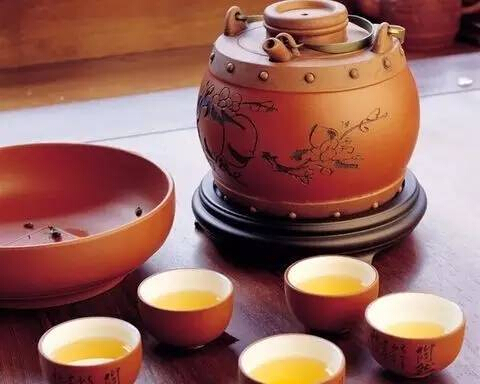
Tang Dynasty's Meng Shen, in Dietary Therapy Materia Medica, stated tea can "regulate qi"; Song Dynasty's Yu Zai, in Ancient and Modern Combined Classified Matters, Ming Dynasty's Miao Xiyong, in Commentary on Materia Medica, and Wang Qi, in Illustrated Encyclopedia of Heaven, Earth, and Man, respectively noted tea's ability to "aid digestion," "digest stagnant food," and "resolve indigestion"; Qing Dynasty's Huang Gongxiu, in Seeking Truth in Materia Medica, explained that tea can treat "undigested food stagnation" and "resolve blockages."
5. Promotes Weight Loss and Slimming
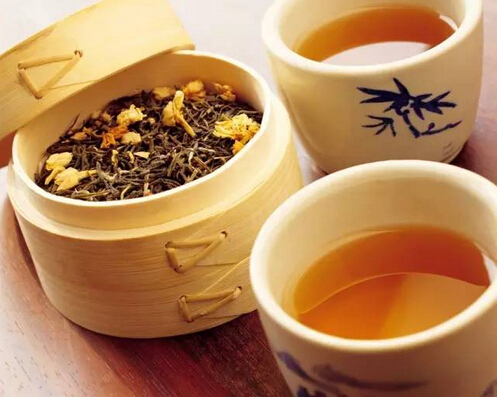
Chen Cangqi, in Supplement to Materia Medica, stated tea can "reduce body fat"; Su Shi, in Miscellaneous Notes of Dongpo, noted tea's ability to "remove greasiness"; Cao Cishan, in Constant Words for the Elderly, wrote that tea can "dissolve rich flavors"; Zhao Xuemin, in Supplement to Compendium of Materia Medica, claimed tea can "resolve greasiness and detoxify beef and lamb." Additionally, tea is said to "prolonged consumption leads to weight loss."
6. Detoxifies and Reduces Heat
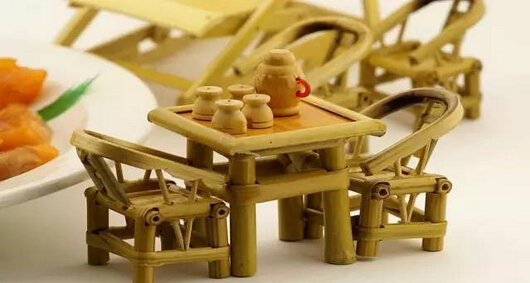
Meng Shen, in Dietary Therapy Materia Medica, and Zhang Lu, in Materia Medica from the Origins, respectively stated tea can "reduce heat" and "lower fire"; Chen Cangqi, in Supplement to Materia Medica, noted tea can "break heat qi and expel miasma"; Song Shiyi, in Direct Recipes from Benevolent Study, and Chen Cheng, in Additional Commentary on Materia Medica, wrote that tea can "relieve summer heat." Huang Gongxiu, in Seeking Truth in Materia Medica, claimed tea can "clear heat and detoxify"; Liu Xianting, in Notes from Guangyang, noted tea can "treat stomach heat." Other texts mention tea's ability to "clear heat and reduce fire," "purge heat," "treat heat syndromes," and "cure summer heatstroke."
7. Heals Sores and Stops Diarrhea
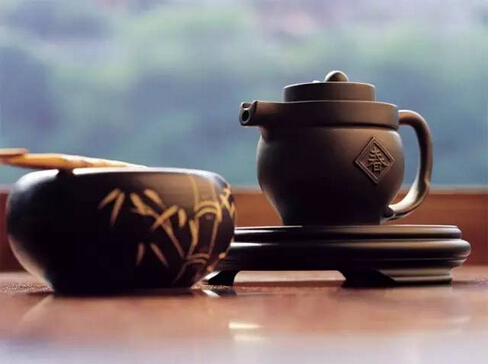
The ancient text Pillow Book of Prescriptions states tea can "treat chronic sores"; Miao Xiyong, in Commentary on Materia Medica, noted tea treats "fistulas"; Li Zhongli, in Original Materia Medica, wrote that tea can "treat children's sores." Chen Cheng, in Additional Commentary on Materia Medica, claimed tea can "treat dysentery"; Wu Rui, in Daily Use Materia Medica, stated tea can "treat toxic red and white dysentery"; Huang Gongxiu, in Seeking Truth in Materia Medica, noted tea treats "bloody dysentery"; Zhang Lu, in Materia Medica from the Origins, wrote that tea can "stop dysentery."
8. Lightens the Body and Transforms the Bones
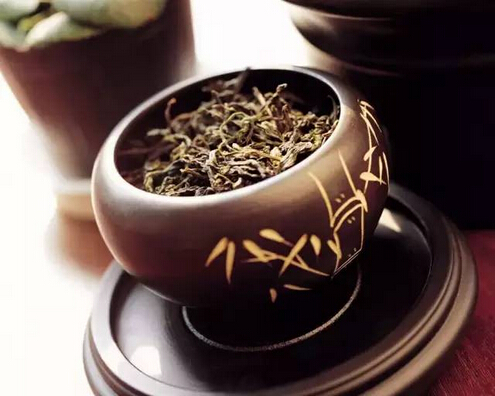
Sun Simiao, in Essential Prescriptions Worth a Thousand Gold, stated tea makes one "strong"; Su Song, in Illustrated Materia Medica, noted tea can "strengthen muscles and transform bones"; Niu Di, in Materia Medica for Famine Relief, wrote that tea can "relieve hunger"; Bao Shan, in Compendium of Wild Vegetables, claimed tea can "regulate diet." Qu Dajun, in New Notes on Guangdong, noted tea can "treat hunger." Additionally, tea is said to "lighten the body and transform bones" and "treat fatigue-induced neurasthenia."
9. Promotes Longevity and Wellness
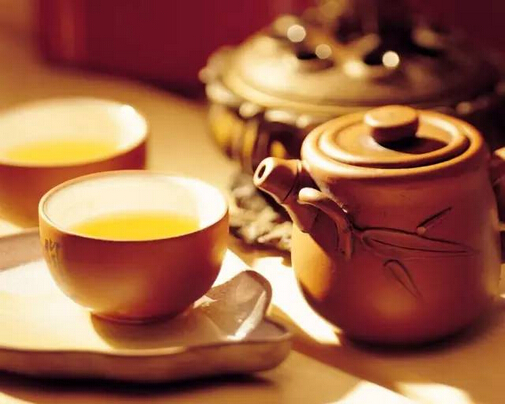
Su Song, in Illustrated Materia Medica, stated tea can "expel chronic ailments and prevent future illnesses"; Cheng Yongbin, in Tea Records, noted tea can "invigorate the spirit and repel illness"; Yu Xunqing, in Notes from Helang, wrote that tea can "nourish life and enhance health." Additionally, tea is said to "prolonged consumption leads to elevation," demonstrating the depth of ancient research on tea's health-preserving properties.